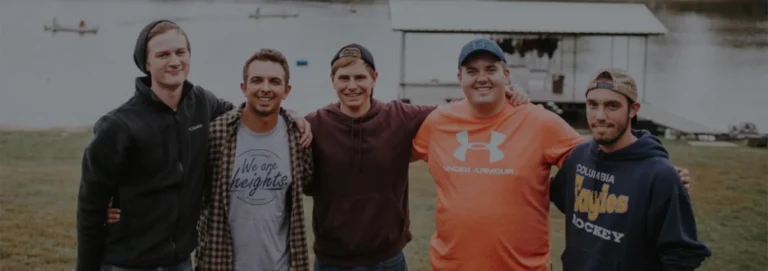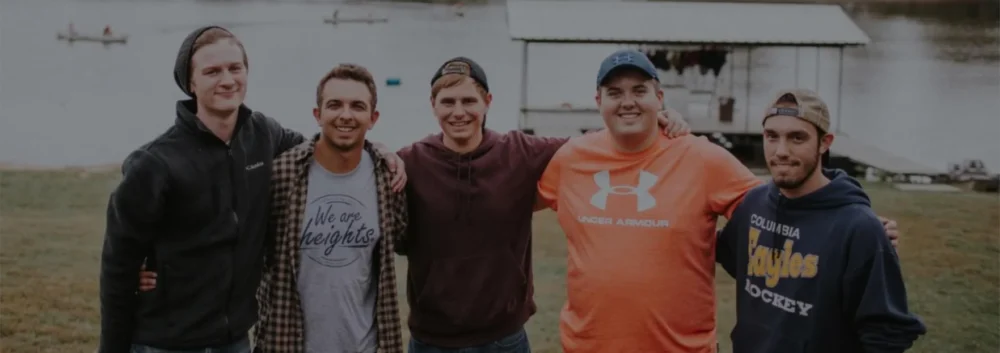
Keep reading for important dos and don’ts when sharing a personal recovery story. The emotional connection created through stories offers a unique perspective that traditional information-sharing methods may not be able to achieve. They break down stigmas surrounding addiction while promoting compassion and support for individuals in recovery. The power of storytelling lies in its ability to connect people from different backgrounds through shared experiences, ultimately fostering healing within communities affected by addiction.
- For all, it will provide a transition between what things were like and what things are like now.
- At the same time, you want to increase your chances of getting applicants who are likely to be qualified for the role.
- If someone else in the room is part of your share, leave them nameless or out of the story entirely.
Some Facts About “The Power of Storytelling in Addiction Recovery: How Sharing Your Story Can Help with Healing”:

This study provides valuable insights into the factors that influence the impact of mental health recovery narratives. Both studies involved participants with mental health problems receiving recorded recovery narratives and rating their impact on hopefulness and connection. It’s okay to go into the raw, unfiltered truth about addiction. Talk about mental health issues, relationship strains, and daily life struggles. You want to make this realistic and relatable for your audience.
The Importance of Social Support and Accountability in Recovery

Timing and emotional stability must be taken into consideration when opening up about one’s experiences. Support groups and sponsorships help individuals navigate the challenges of sharing stories. It is important to balance honesty and inspiration in order to effectively convey the challenges and triumphs of recovery. When telling a recovery story, timing and emotional stability should be considered. Have support from groups or a sponsor, and make sure your story contains honesty and inspiration, as well as the challenges faced.
A Time to Heal: Family Interventions
Join Recovery Connection in sharing stories of hope and https://ecosoberhouse.com/article/performance-enhancing-drugs-what-are-the-risks/ recovery. We invite you to share your journey of recovery and be featured on Recovery Connection! Fill out the form below and one of our team members will reach out to help you get started.
- Your story becomes a beacon of light for those still struggling, showing them that change is possible.
- She served in Operations and HR for a finance company for ten years, before returning to healthcare and eventually arriving at USR.
- If sharing your story wasn’t too personal, remain open to discussions afterward.
- Most meetings begin with some readings, meditations, and a story which can go for about 30 minutes.
- They can be used to raise awareness about the challenges faced by those in recovery.

Just remember it is not about everything, it is about keeping it short and to the point. Most meetings begin with some readings, meditations, and a story which can go for about 30 minutes. This keeps you from telling too many stories and refines your focus on the most important parts of your personal story. You are honestly telling a story about recovery and addiction. As mentioned earlier, the language you choose plays a crucial role inshaping your personal narrative. Use words that reflect your growth,resilience, and hope for the future.

While you’re willing to put your story publicly, people in your story might not be. Be sure to get permission from people such as family members or close friends that you’re mentioning in your story to avoid any issues later on. Change names and descriptions where possible to maintain privacy. Be sure to offer words of encouragement to those who are still sharing your story in recovery battling drug or alcohol use disorder. Share insights, resources, and words of wisdom that have guided you toward long-term recovery. Let them know that there is light at the end of the tunnel and that they are not alone in their struggles.
- It lets them know they are not alone in their struggles and provides a sense of hope for their own recovery.
- And in doing so, you act as a beacon of hope for those suffering from substance use disorders.
- Join Recovery Connection in celebrating your recovery with our sobriety calculator.
- It is important to ensure you have a support system in place to deal with any issues which may arise during and after the storytelling process.